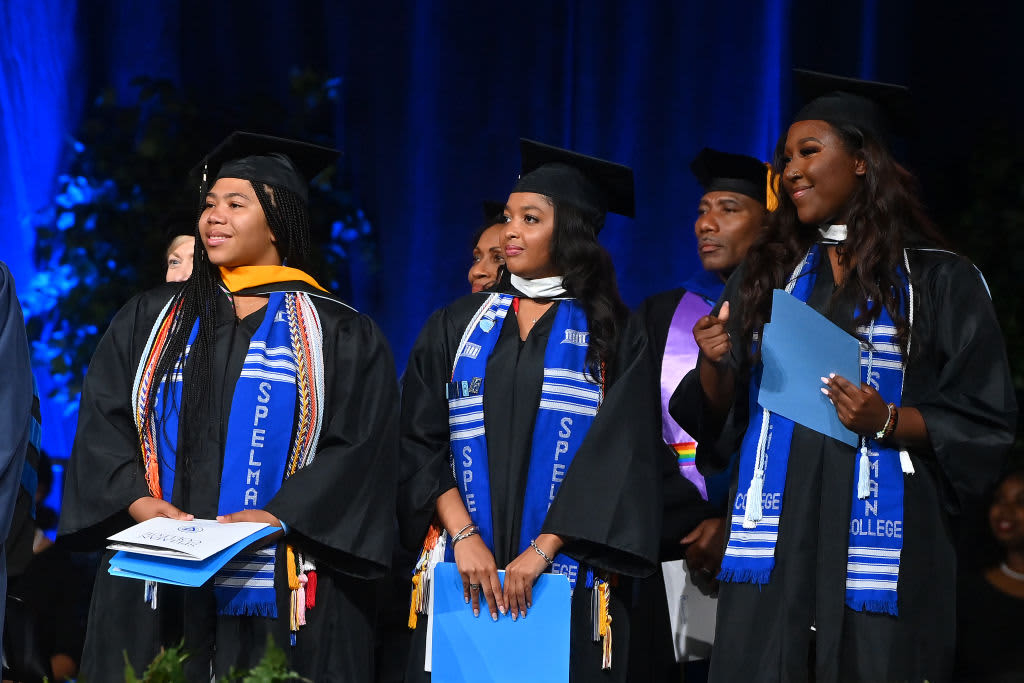Affirmative Action has long been a contentious topic in the United States, with proponents arguing that it helps level the playing field for marginalized groups and opponents claiming it is unfair and discriminatory. However, recent developments in the legal landscape may signal the end of affirmative action policies, with potentially far-reaching consequences for historically black colleges and universities (HBCUs).
Affirmative action policies have been a key tool in promoting diversity and inclusion in higher education. By giving preferential treatment to underrepresented minority students in college admissions, these policies have helped increase the representation of Black, Hispanic, and other minority students on college campuses. However, with ongoing legal challenges and shifts in public opinion, the future of affirmative action is uncertain.
If affirmative action policies were to be abolished, HBCUs could see a significant increase in enrollment. These institutions have long been a cornerstone of higher education for Black students, providing a supportive environment and culturally relevant education. Without affirmative action, more Black students may choose to attend HBCUs as a way to ensure they have access to quality education and opportunities for success.
Furthermore, the end of affirmative action could also lead to increased financial support for HBCUs. As more Black students choose to attend these institutions, they may bring with them increased tuition revenue and donations. This influx of support could help HBCUs expand their programs, improve infrastructure, and attract top-tier faculty members.
However, the end of affirmative action could also present challenges for HBCUs. Without the guarantee of a diverse student body, these institutions may struggle to attract a wide range of students and may face criticism for being seen as “segregated” institutions. Additionally, HBCUs may need to work harder to compete with predominantly white institutions for top students and faculty members.
Overall, the end of affirmative action policies could have a profound impact on HBCUs. While it may lead to an increase in enrollment and support for these institutions, it may also present challenges that require careful navigation. Regardless of the outcome, it is clear that HBCUs will continue to play a critical role in higher education for Black students and serve as a source of pride for the Black community.
